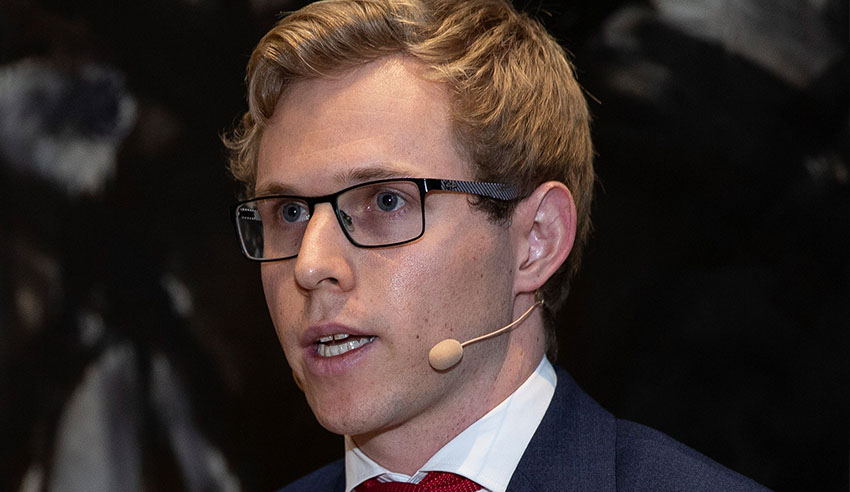It is truism that there is nothing new under the sun. Certainly, the dilemma of employees speaking freely – and employers taking issue with it – is not novel, writes Kieran Pender.

In the public sector, government employees have been barred from publicly expressing political opinion since the 1860s. The ability of private employers to interfere in the out-of-hours lives of their employees, meanwhile, has waxed and waned over centuries.
That issue has simmered away for much of this decade. Most cases don’t make the news, but some gained considerable profile. Army reservist Bernard Gaynor lost his commission over homophobic public statements, SBS reporter Scott McIntyre was fired for his anti-Anzac Day tweets and a Centrelink employee was dismissed for anti-government posts on online forums. Legal certainty was not forthcoming: Mr Gaynor won at first instance, lost on appeal and the High Court refused special leave, McIntyre settled and the Centrelink worker won in Fair Work Commission (Centrelink appealed, but subsequently discontinued).
Against this backdrop, 2019 loomed as a possible high-water mark. Years earlier, public servant Michaela Banerji had been investigated and ultimately terminated for anonymous tweets critical of government border protection policy. By August 2018, the case had finally reached the High Court; a judgment was due last March. In the private sector, Israel Folau’s Instagram posts sparked a tense stand-off with Rugby Australia, ultimately leading to litigation.
Such cases give rise to complex issues of law and policy. Legally, employee speech can enliven questions of contract law, employment law, constitutional law and anti-discrimination law. While Ms Banerji’s claim arose via a workers’ compensation dispute, the central issue was whether limitations on her speech were consistent with the implied constitutional freedom of political communication. Mr Folau, on the other hand, advanced a number of distinct grounds for his dismissal being unlawful – three relied on contract, one on restraint of trade and another on the Fair Work Act.
The policy questions prompt even more head-scratching. In the public sector context, it is in everyone’s interest that we have an impartial bureaucracy – and this neutrality might be damaged if public servants can tweet freely. But as academic and judge Paul Finn once wrote, government employees are not “[second-class] citizens” – they must be allowed to participate in Australian democracy. Where is the middle ground?
In the private sector, the law has previously sought to minimise employer overreach into the off-duty lives of employees. As was said in a leading Australia case in the 1990s, “an employee is entitled to a private life”. But in this social media era, the views expressed by employees can cause significant reputational damage to employers. Even if the law distinguishes between on-duty and off-duty conduct, an outraged customer may not.
Despite the promise it offered, 2019 turned out to be an opportunity missed for greater clarity around employee free speech. The High Court ruled against Ms Banerji, finding that the government could terminate its public servant for her political expression. The judgment failed to substantively engage with the policy dilemmas that arise, instead largely deferring to the executive. In Mr Folau’s case, the athlete and Rugby Australia ultimately settled – good for both parties, no doubt, but unfortunate for observers wanting greater legal certainty. In both the public and private sector contexts, the thorny legal issues that arise will have to await another day, and another employee terminated for their speech.
That should concern all of us. The lack of clarity surrounding legal limitations on employers curtailing employee speech has a chilling effect. If we think we might be fired for our tweets, we just won’t tweet. There is a proper balance to be struck between competing and compelling policy objectives – for now, we face uncertainty. Employees, the Canadian Supreme Court once noted, should not be “silent members of society”. The silence is deafening.
Kieran Pender is a visiting fellow at the Australian National University’s Centre for International and Public Law. He is based at the International Bar Association and is a regular commentator on legal issues.
